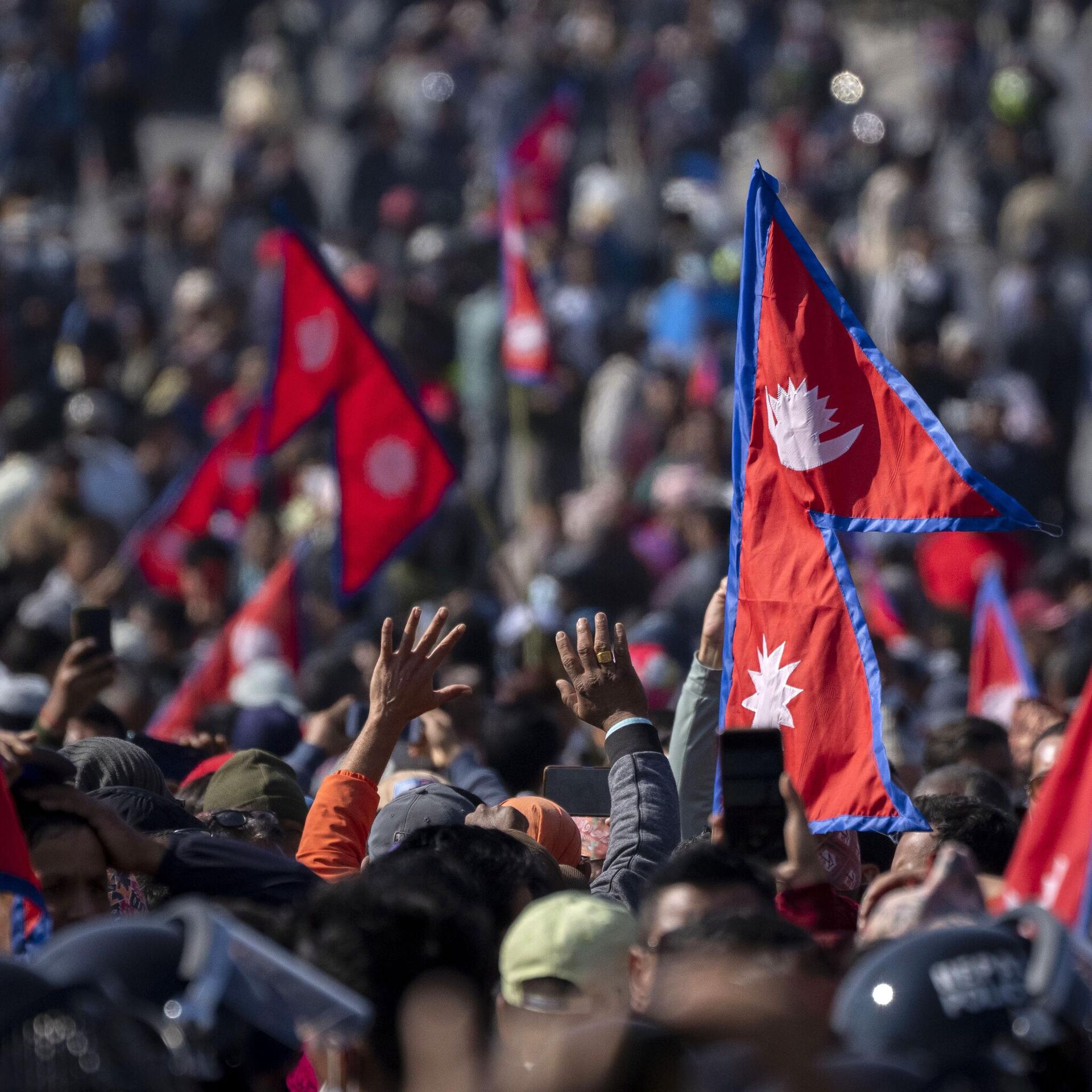Nepal has recently experienced a significant surge in pro-monarchy demonstrations, reflecting deep-seated public dissatisfaction with the current political landscape. The most notable of these protests occurred on March 28, 2025, in Kathmandu's Tinkune area, where clashes between demonstrators and security forces resulted in two fatalities, including a journalist, and over 110 injuries.
Catalysts Behind the Unrest
The protests were primarily organized by the Rastriya Prajatantra Party (RPP) and other royalist factions, advocating for the reinstatement of the monarchy and the declaration of Nepal as a Hindu state. These groups argue that the abolition of the monarchy in 2008 has led to political instability and corruption, citing the formation of 13 different governments since then.
Government's Response and Legal Actions
In the aftermath of the violent protests, the Nepalese government took decisive actions. Prime Minister KP Sharma Oli condemned the unrest, labeling it an attempt to undermine the nation's democratic framework. He warned that even former King Gyanendra Shah would not be exempt from legal scrutiny if found complicit. Subsequently, authorities arrested 51 individuals, including prominent RPP leaders Rabindra Mishra and Dhawal Shumsher Rana, on charges related to the violence. Durga Prasai, identified as a key orchestrator of the protests, was apprehended in Jhapa district and charged with state offenses and organized crime.
Public Sentiment and Political Implications
While the protests indicate a faction of the population yearning for monarchical restoration, major political parties, including the ruling CPN-UML and the Nepali Congress, have dismissed the feasibility of such a shift. They emphasize the importance of upholding the republican constitution and addressing governance issues through democratic means.
The Kathmandu Metropolitan City took an unprecedented step by fining former King Gyanendra Shah Rs793,000 for damages incurred during the protests, marking the first such action against the deposed monarch since 2008.
Looking Ahead
The recent events underscore the fragile state of Nepal's political environment. As the nation grapples with these challenges, the government's commitment to democratic principles and effective governance will be crucial in addressing public discontent and preventing further unrest.
Key Takeaway
Nepal has recently experienced a significant surge in pro-monarchy demonstrations, reflecting deep-seated public dissatisfaction with the current political landscape. The most notable of these protest
